Whistleblowing reporting systems
We help with implementation and processing!
Caricatures are like cati – resilient and spiky. The symposium “Law and Caricature” at the JKU, which was initiated by Wilhelm Bergthaler as an accompanying program to the Cactus Caricature Award, was primarily dedicated to the thorns of caricatures, because: They sting again and again. Hardly a week goes by without some caricature causing a stir because it is accused of violating the honor and dignity of a religion, a nation or a person. And the debate always comes down to the question: What is a caricature allowed to do?
To this end, the symposium approached the issue in various ways: Christoph Bezemek, Professor of public law at the University of Graz, measured the limits of freedom of expression for caricature. He found a catchy addition to Kurt Tucholsky’s famous saying that genuine satire is allowed to do anything: Yes, genuine satire is allowed to do anything – but it doesn’t have to want everything.
Verena Sperk, who researches resistant witticism at the University of Innsbruck, has shown the subversive side of comedy: using the example of feminist caricatures that challenge power relations from below – such as the apt caricatures by Stefanie Sargnagel.
In the discussion moderated by Bettina Figl (editor of the Salzburger Nachrichten), the caricaturist Marian Kamensky lamented creeping forms of censorship: some rulers are no longer allowed to be drawn naked – for fear of angry reactions from the readership. A heated debate was the logical consequence, which, as Christoph Bezemek summarized, ultimately proved one thing: the breadth of freedom of expression in this country.
The topic of “climate litigation” and in particular “Klimakleben”(“climate gluing”; referring to the methods of some climate activists who glue themselves to roads) as a pointed description of a sit-in blockade on a public street is currently omnipresent in the media. Lyane Sautner (Professor at the JKU, Institute of Criminal Law), Erika Wagner (Professor at the JKU, Institute of Environmental Law), Philip Christl (Public Prosecutor), Manfred Ainedter (Attorey-at-Law) discussed together with Bernd Wiesinger the question of criminal and civil liability of such road-blocking climate activists. The quite controversial points of view – with role reversal between prosecution and defense – brought the circus of knowledge to a boil and led to a lively audience participation.
The discussion in the panel brought the following results to light: Climate protests will probably only have criminal relevance in very few cases (e.g. if activists block the only access road to a hospital and emergency patients would be harmed as a result). However, if criminal conduct is involved, it cannot be justified by “climate emergency” either. However, claims for damages for people who are stuck in traffic jams due to a climate protest may very well arise according to the strict jurisprudence of the Supreme Court of Justice, whereby the discussion showed the conditions under which the protest can be excused.
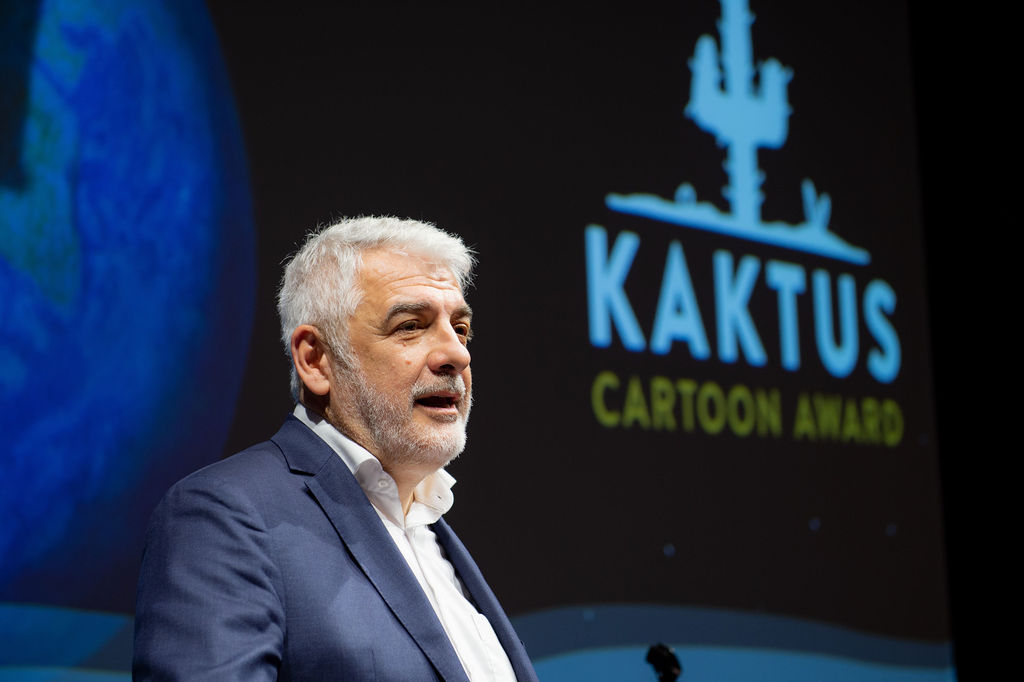
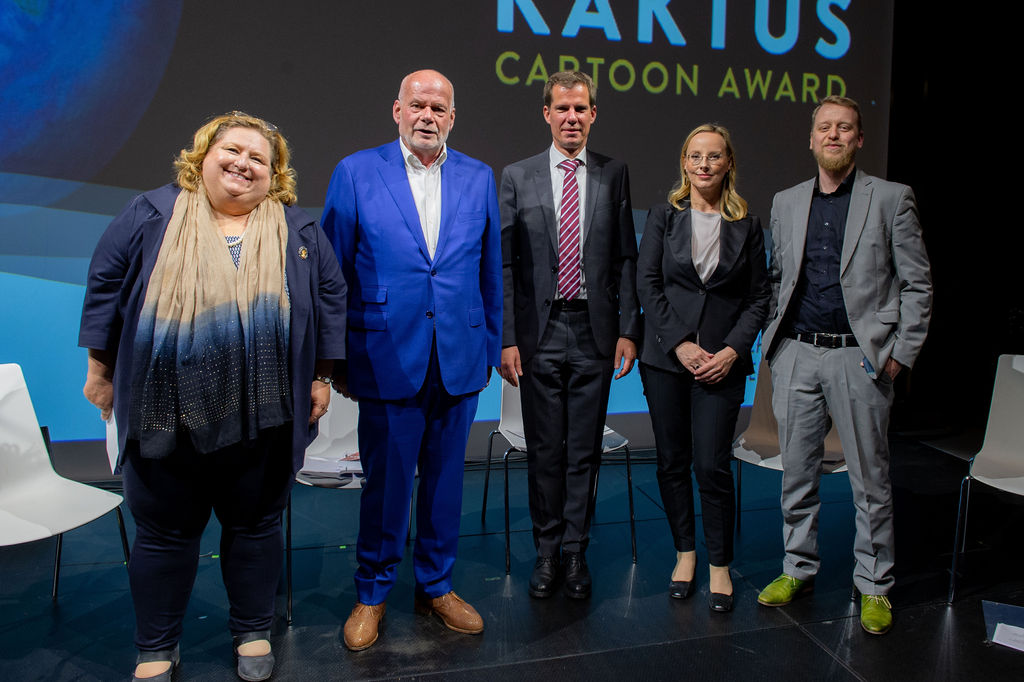

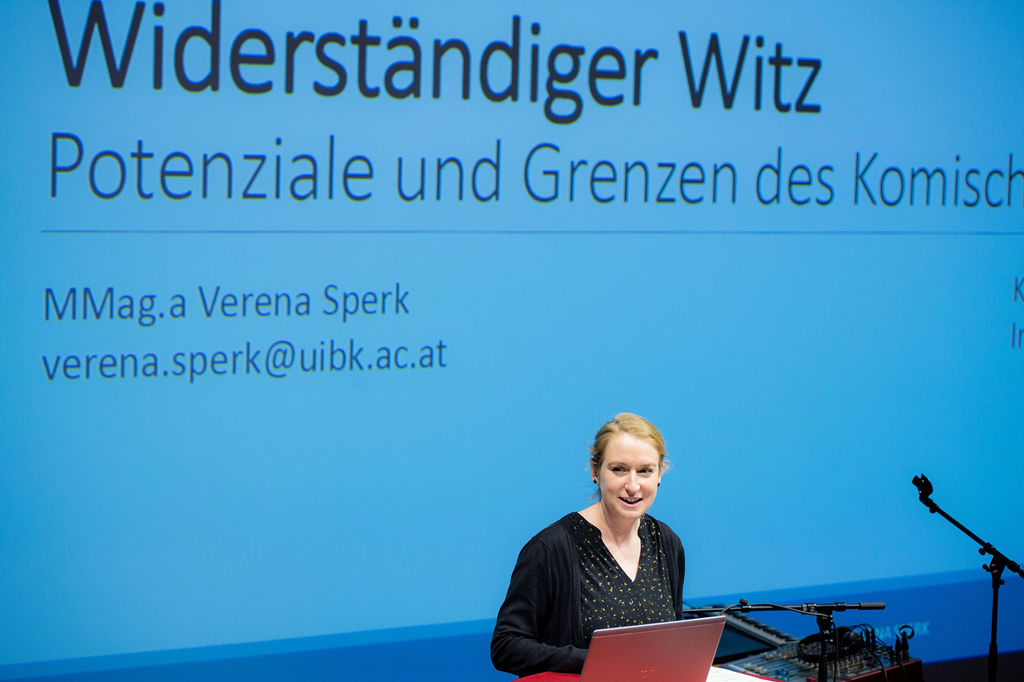

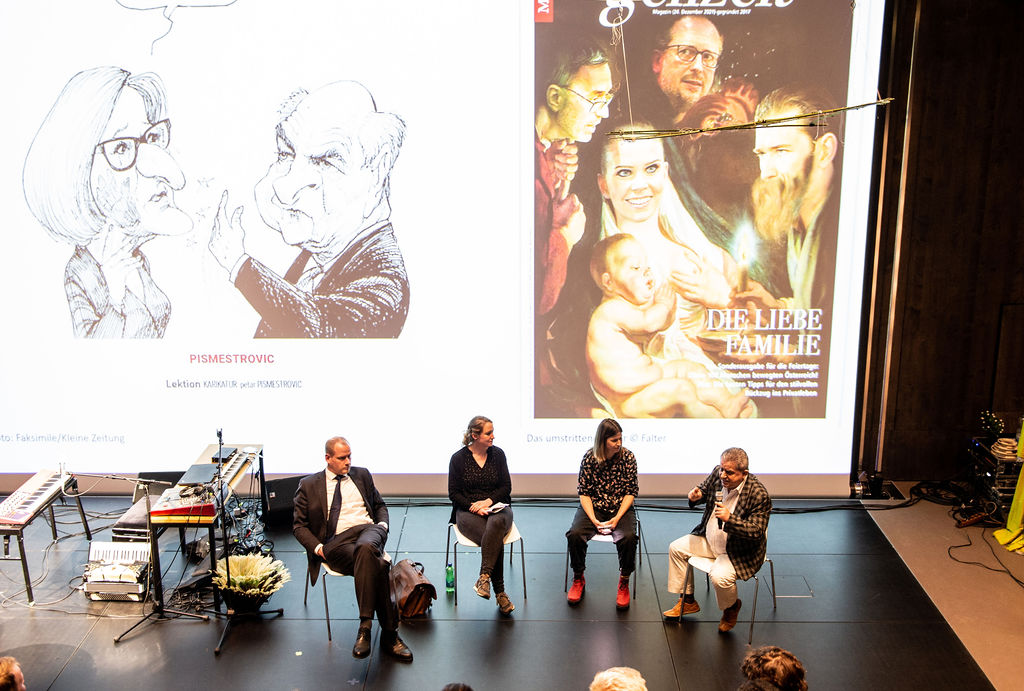
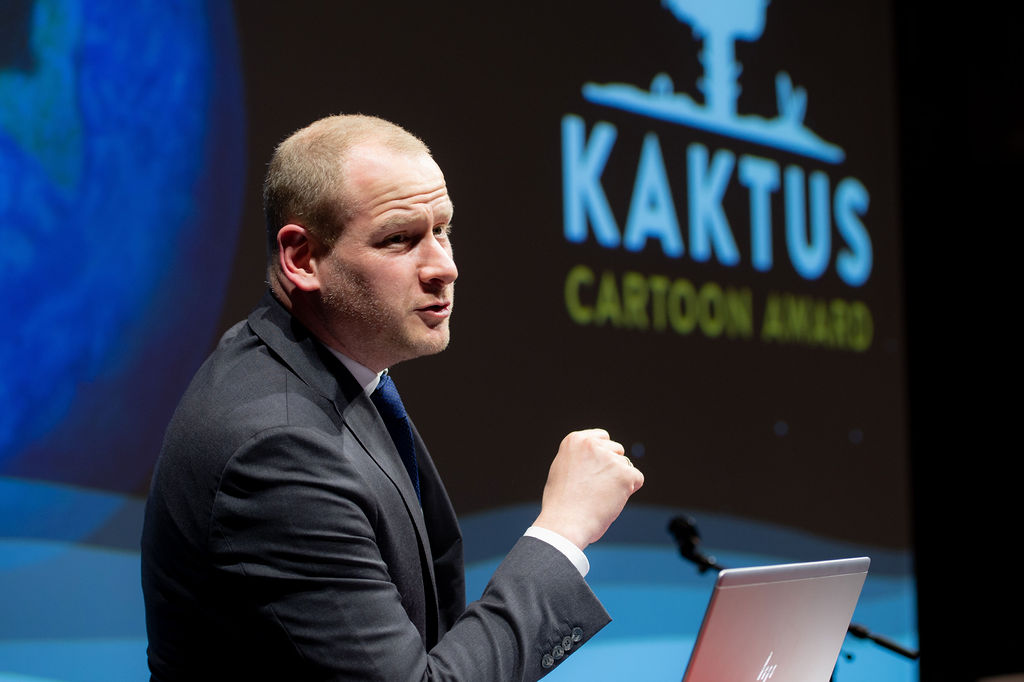
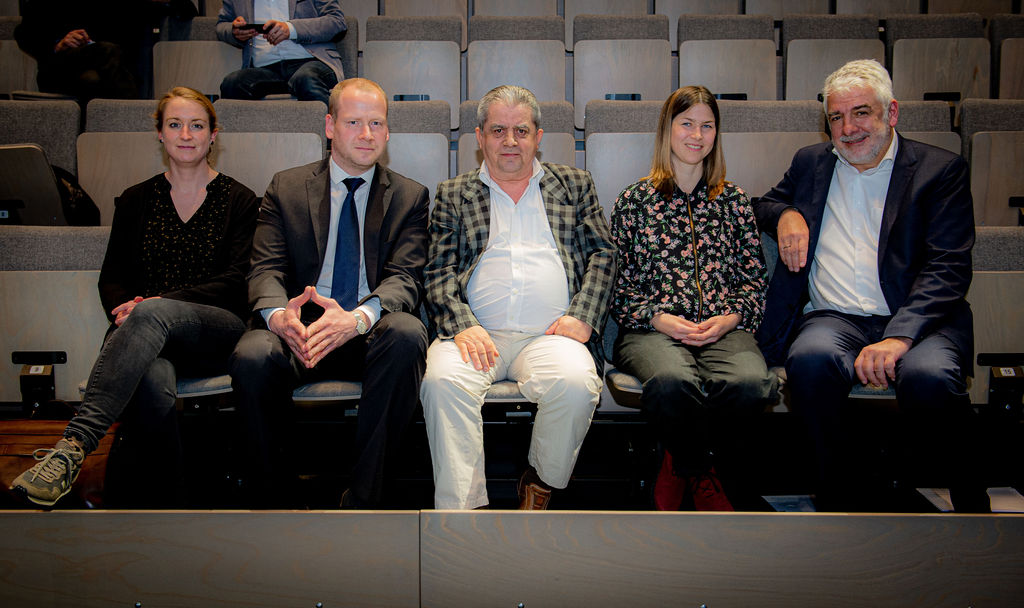

Only the time limit could finally put an end to the discussion. Since there is obviously a need for further discussion, a continuation is already planned.
This article is for general information only and does not replace legal advice. Haslinger / Nagele Rechtsanwälte GmbH assumes no liability for the content and correctness of this article.
16. May 2023






